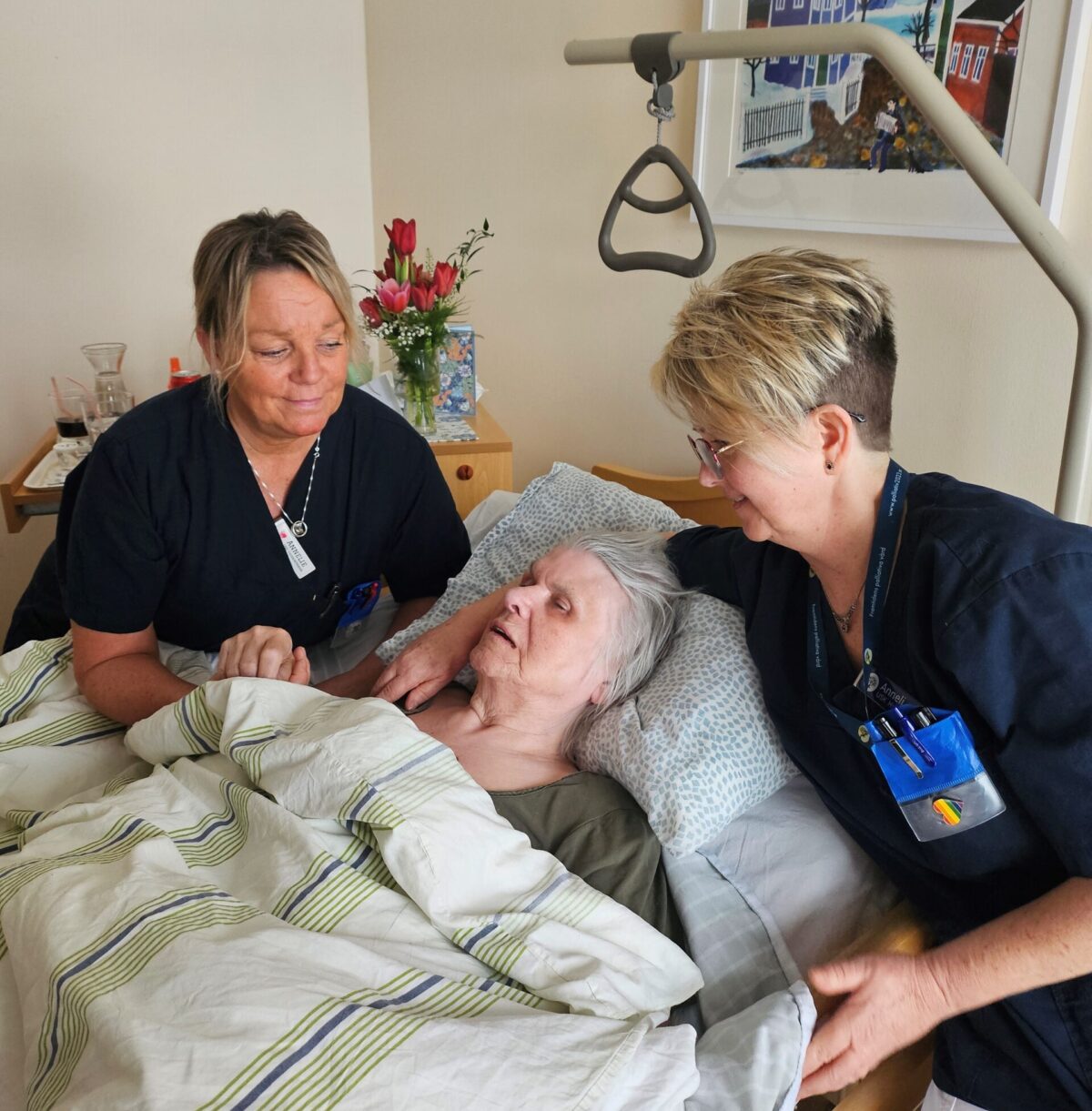Some things are just meant to happen!
Living in New Zealand in the late 1990s, I trained to be a nurse knowing that mental health was a great interest and was going to be my future area of work.
Returning home to Sweden in 2014, to an area unknown to me (close to my Mum — the reason my Kiwi husband and I came back to Sweden), I was looking for a change. I wanted a break from the violence and aggression I was experiencing in my daily work in mental health.
One day, I read an article in a magazine about Mellannorrlands Hospice in Sundsvall, a small northeastern city in Sweden.
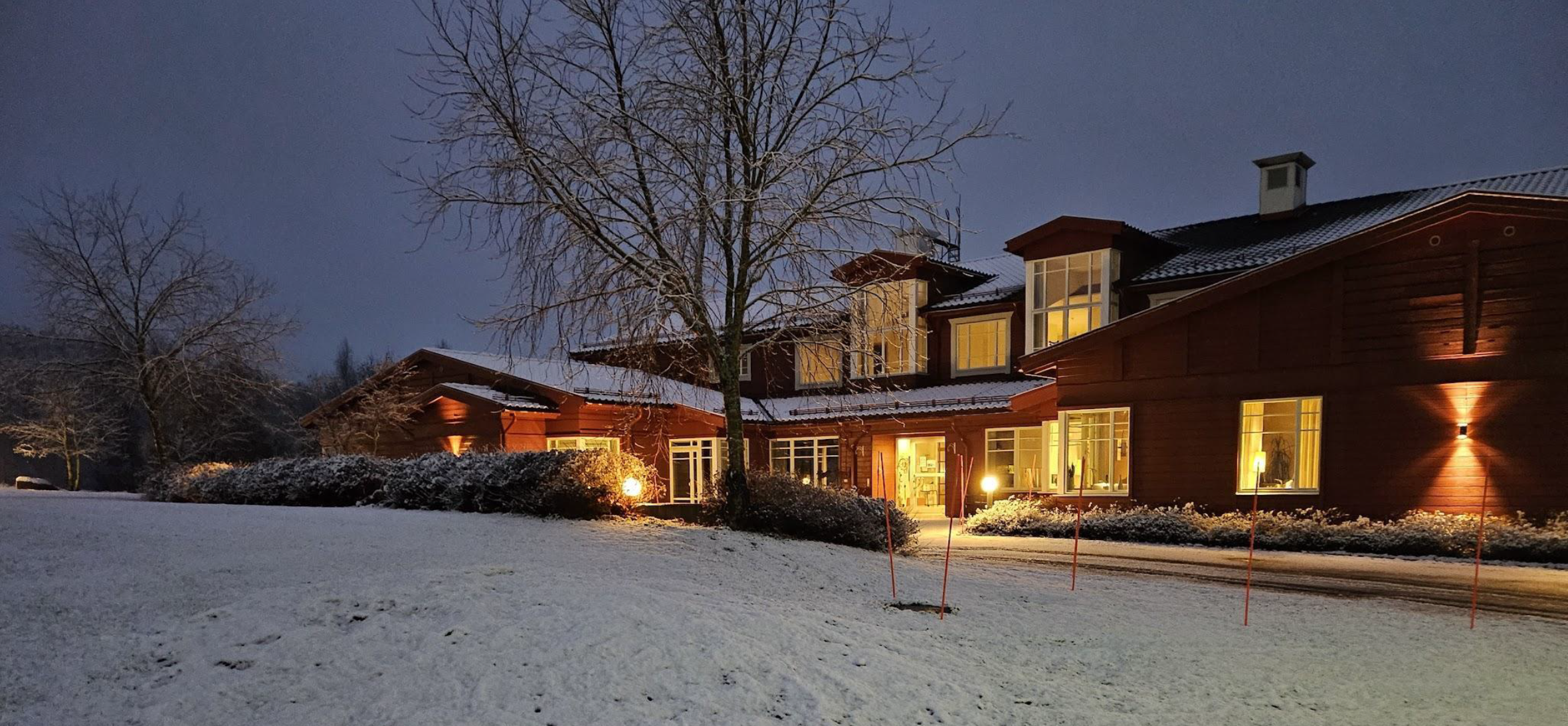
The article described a hospice philosophy where the guest (we don’t say patient!) and their family are truly the focus and the aim is to make the last part of someone’s life as meaningful as possible.
I remember reading the words: “You don’t come to hospice to die, you come here to live as well as possible.” I also remember how the founder, Dr Matthias Brian, was interviewed and talked about death as a natural part of life, and how the deceased guest in their coffin always left through the front entrance without any secrecy — the same way they once arrived.
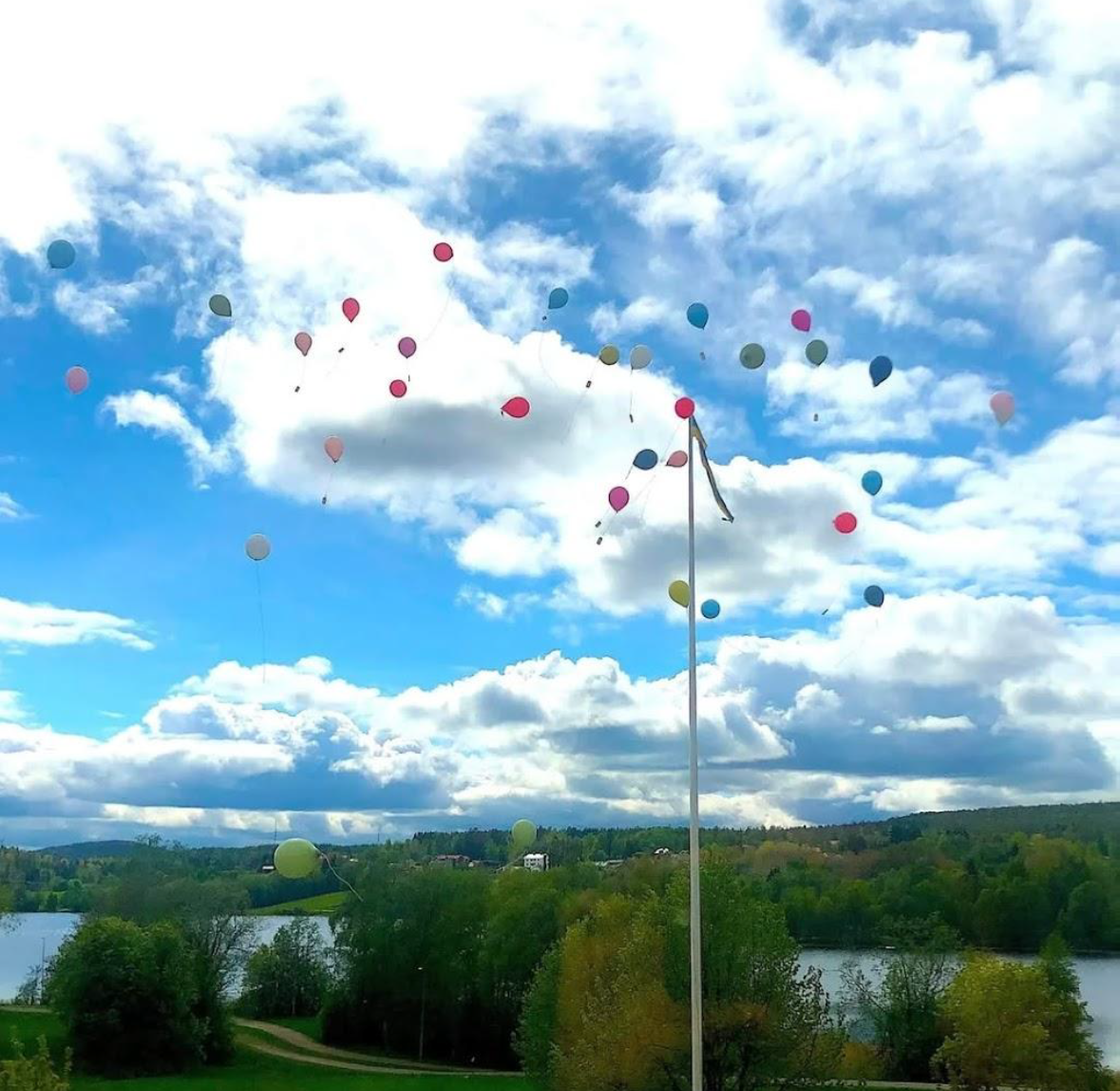
I read the article to my Kiwi husband and he said: “Perhaps we can be volunteers there one day.” We bought a little cottage in Sundsvall and were out walking one day around a beautiful lake. We saw a house with a huge deck filled with sun umbrellas and people having coffee. I said: “We must try that cafe one day.” It turned out to be Mellannorrlands Hospice, and its guests were enjoying time in the sun with family, friends and staff.
I work there now and I am so grateful to be part of this amazing place. I feel that I contribute something important every day, with a group of passionate colleagues. We are part of making someone’s last weeks or days worthy, to ease pain and anxiety and support grieving relatives and friends.
Work has to be about more than a pay cheque, otherwise you do not make it long in our team.
Mellannorrlands Hospice is run by a not-for-profit trust. Fees are generally paid by the Government and no-one in need is turned away for financial reasons.
The words “non profit” are important to me, but that does not mean we do not care about money. As staff , we are all careful not to waste anything, knowing that whatever money we save in our daily work will benefit our guests through such things as delicious home-cooked food, including home-baked bread and cakes.
Our guests are referred to us by doctors in the community or by hospitals. All have specialised palliative needs, such as difficult-to-treat pain, anxiety or depression, or a family is in need of extensive support.
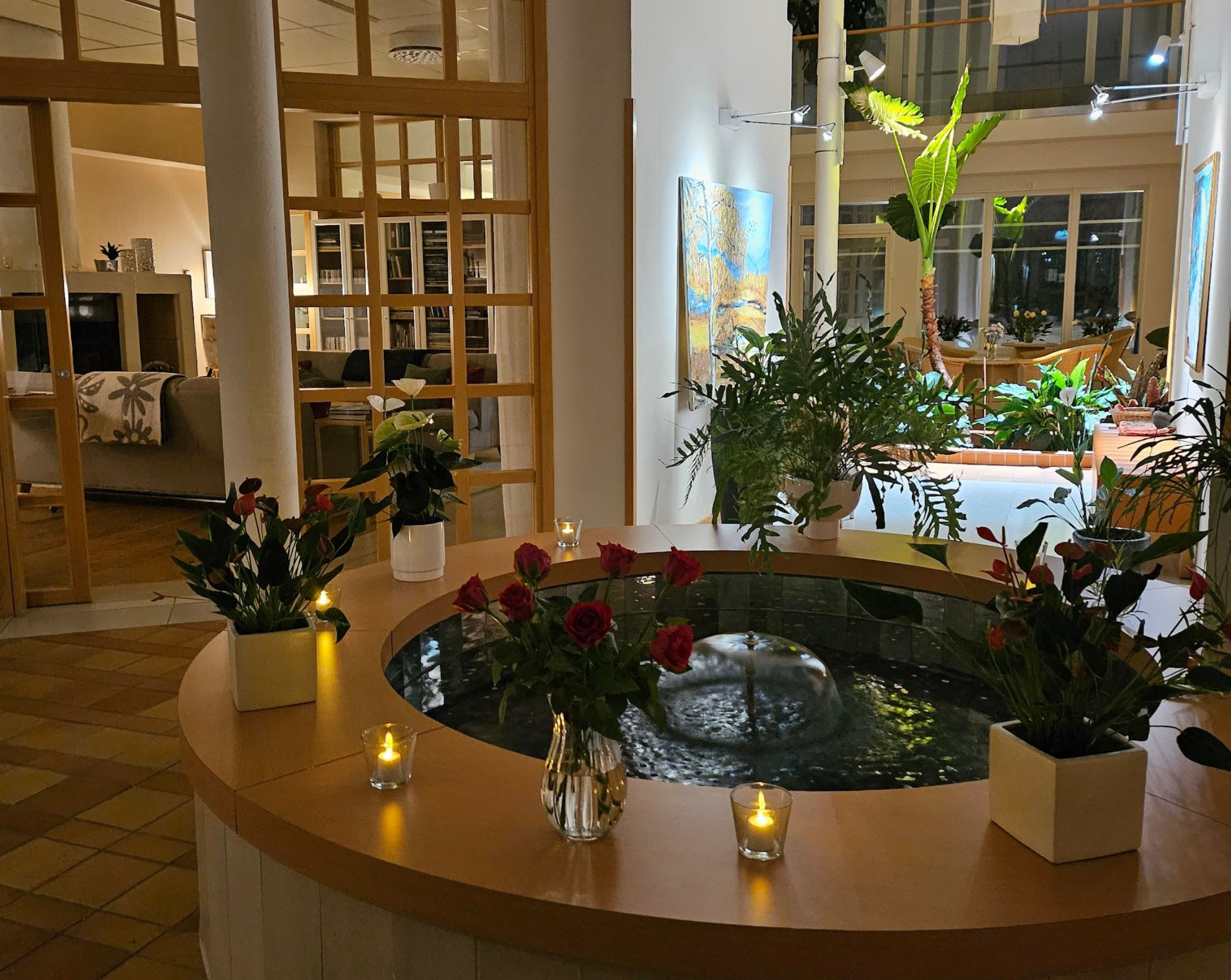
Our guests are all ages, mostly with a diagnosis of end-stage cancer, COPD (chronic obstructive pulmonary disease) or heart failure.
The cornerstones of palliative care are: Pain relief, communication, teamwork and support to families. All our staff have a genuine interest in palliative care. Work has to be about more than a pay cheque, otherwise you do not make it long in our team.
Personality and life experience are as important as clinical skills. Our guests are welcome to have friends and family to stay and visiting pets are also welcome.
We want a homely environment and try to pay extra attention to children as relatives of a parent, or grandparent, who is dying. We have had children staying in hospice with a dying parent for weeks — we support the children, talk about death and we try to make their loss more bearable.
Death is the only thing we are all guaranteed to experience. And still . . . it can be very difficult to talk about.
We have arranged weddings with short notice for guests and made a nice Christmas day for a family a week before Christmas as Dad was not going to live that long. Staff have put out pleas on social media to fulfil final wishes for a guest. One guest wanted to be with a horse for the last time. A lovely woman came to hospice with a pony and carriage and our guest had a lovely day going around the area in a horse carriage.
Death is the only thing we are all guaranteed to experience. And still . . . it can be very difficult to talk about. Our mission is to make death a natural part of living. We never say that someone has “departed” or “left us”. If we staff use those words, someone always replies: “And where have they gone?” We DIE and it is very important to say that, especially when dealing with children. If you just leave, you usually come back again!

Our team consists of a doctor, registered and enrolled nurses, a cook and a cleaner. We have a visiting priest and an occupational therapist available. Our focus, in everything we do, is to make things as good and comfortable as possible for the guest. We are flexible in our day and follow the rhythm of our guests.
A holistic view in palliative care means being aware of the concept “total pain”. The word pain most often refers to physical pain, which can be eased by medication. In palliative care, we often meet social pain, existential pain or psychological pain, which can also manifest as physical pain.
To feel cut off from a social context and not be part of family decisions, or losing your role at work, can make someone feel lonely, sad and in pain. To have thoughts and worries about the dying process, what happens after death, how the family is going to manage and so on, can also make someone unsettled and feel pain.
We try to identify the pain and give our guests what they need, whether it be medication, someone to talk to, a feeling of safety and connection or reassurance their family is getting the support they need.
My journey had to take the detour through mental health to get to palliative care, but I do believe I am better at what I do today thanks to my previous experience.
Some guests need an “ending” — a finalising of their life which can be made through writing, photos, recordings — or sometimes just facilitating a meeting with someone they want to talk to.
It is very special and precious to get to comfort someone at the end of life. It always astounds me how “ready” most people are and how very peaceful most deaths are.
Hospice is not a sad place! As staff , we have a lot of fun and our guests often handle the situation by using humour.
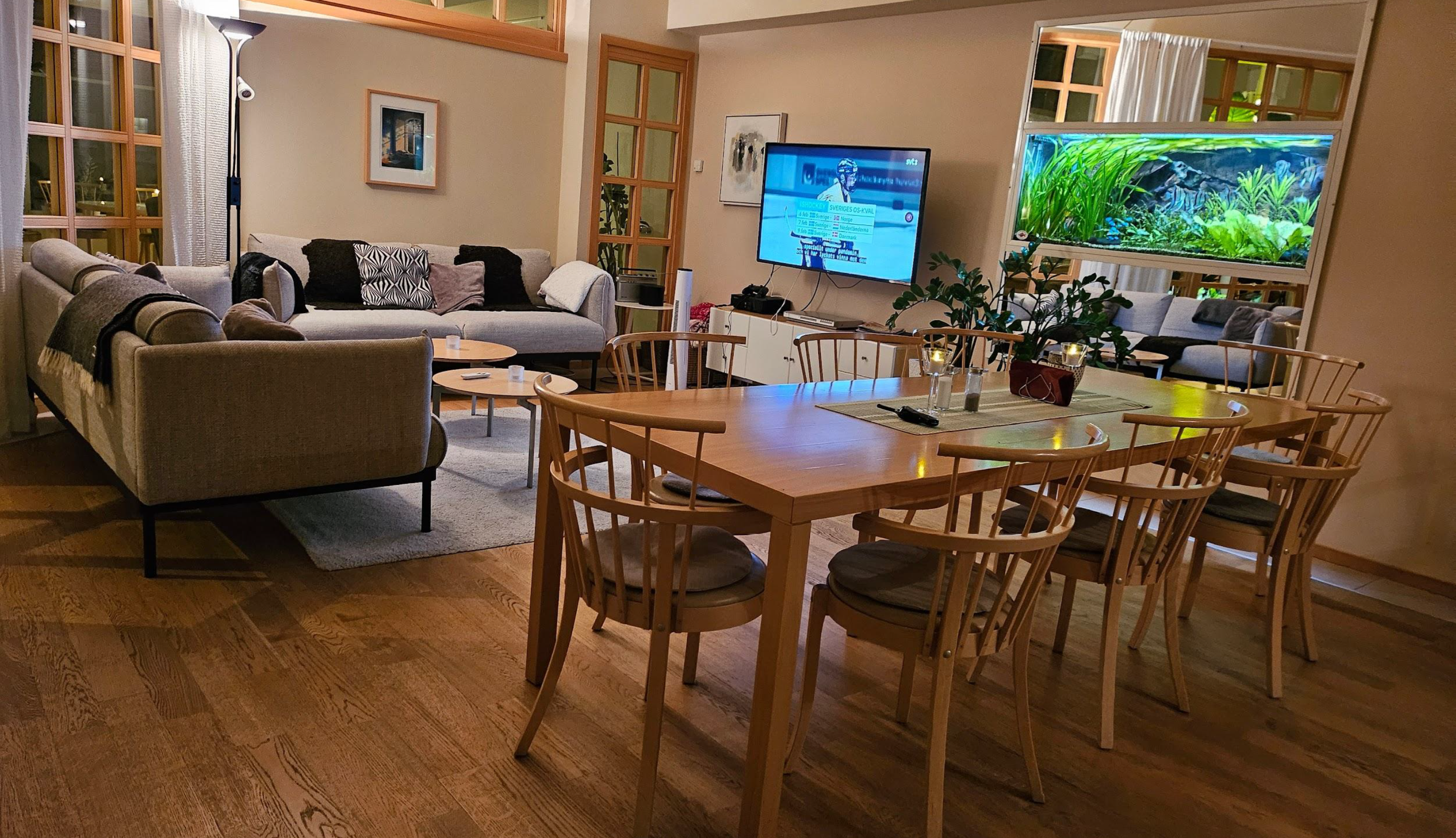
There is a candle hanging from the ceiling in the wintergarden. When a guest has died, the family gets to light the candle and it burns until the guest leaves the house, which can sometimes take one or two days. Some weeks, the candle is always alight.
Physically caring for very sick and dying people can be hard and supporting grieving families can be challenging. Support from colleagues and management is essential. We finish each shift with “mirroring” — a short gathering where we all say how we feel about the day, what’s been good, what could be better, how the teamwork’s been, if there is anything that has touched us more than usual today. It is important to leave some feelings at work!
From mental health to palliative care . . . it’s about supporting people in crisis. Listening and helping people use their own strengths to manage life and death. My journey had to take the detour through mental health to get to palliative care, but I do believe I am better at what I do today thanks to my previous experience.
— Annelie Gannaway formerly worked as a mental health nurse in New Zealand.



